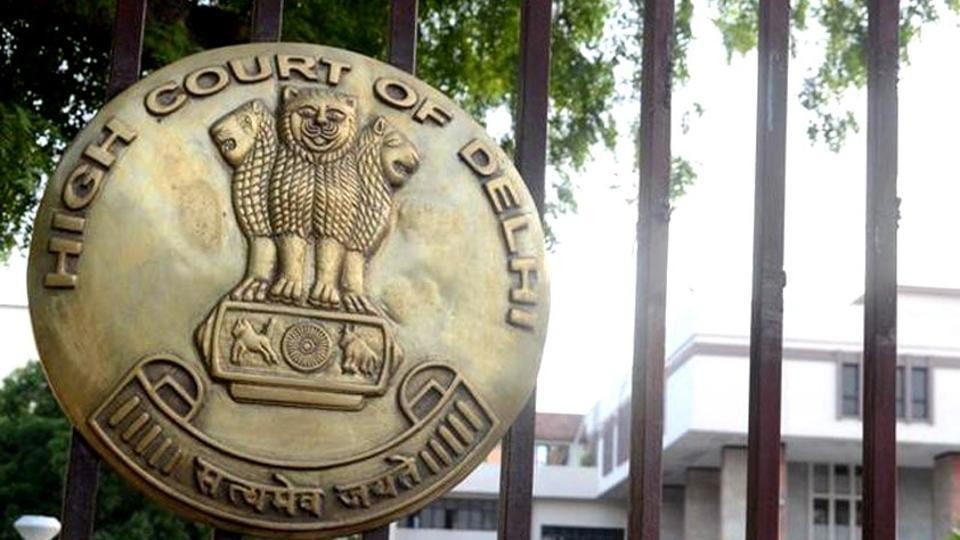
New Delhi – The Delhi High Court has underscored the “harassment and mental trauma” often faced by patients and their families during hospital discharge and final billing processes. In an order passed on Thursday, the court called for the establishment of a regulatory system to streamline the discharge procedure and minimize patient distress.
The order came while the court was hearing a case in which a lawyer accused Max Hospital in Saket of cheating, wrongful confinement, and breach of trust related to his discharge process. While the court cleared the hospital of criminal wrongdoing, it acknowledged the common distress caused by the delayed or complex discharge process, often involving insurance approvals.
Court’s Observations on Harassment and Insurance Delays
Justice Neena Bansal Krishna, in her ruling, highlighted the frequent trauma patients face due to prolonged discharges, especially due to pending insurance payments. She noted that delays in insurance approvals often compound the distress already caused by illness.
Justice Krishna said, “Such incidents of alleged harassment in settling final bills are not untold stories but are frequently suffered by patients.” She added that while the lawyer’s complaint was understandable, it did not rise to the level of criminal offences. She pointed out that although this could be grounds for seeking compensation for mental harassment, it did not constitute criminal prosecution.
Case Details: A Lawyer’s Allegations Against Max Hospital
The case involved a lawyer who underwent surgery at Max Hospital for cysticercosis in his right hand. He had a cashless insurance plan from Max Bupa with Max Hospital listed as a network provider. However, due to limited pre-authorization for the procedure, the hospital required the patient to pay the balance amount at the time of admission.
The patient later accused the hospital of fraud and wrongful detention, claiming that he was not informed adequately and was unfairly forced to make the payment. However, the court found that the hospital had no dishonest intent, and the patient had been informed about the payment requirement in advance.
The court also noted that while the patient’s insurance covered a standard room, he had opted for a deluxe room, resulting in an additional charge of ₹57,332, which was deducted from his deposit.
Need for a Comprehensive Framework
Despite clearing the hospital of criminal charges, the court expressed serious concerns about the need for a proper regulatory system to govern the hospital discharge process. The court emphasized that no comprehensive framework has been implemented despite recommendations from various courts and the National Human Rights Commission (NHRC), such as the Charter of Patients’ Rights.
The court urged the Centre, Delhi government, Insurance Regulatory and Development Authority (IRDA), and medical councils to collaborate and create a clear set of rules to address such issues in the future, ensuring that patients do not face undue financial or emotional distress during the discharge process.
Conclusion
This case has brought to the forefront the difficulties faced by patients in finalizing bills and discharges from hospitals, especially when insurance coverage is limited or there are disputes over additional charges. The court’s call for a regulatory framework marks an important step towards ensuring better transparency, efficiency, and patient care in hospitals.
4o mini


